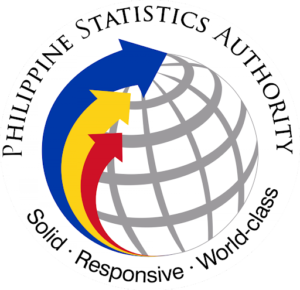The country’s headline inflation sharply eased in more than four years in September due to a downtrend in transport costs and a slower increase in food prices, the Philippine Statistics Authority said on Friday, October 4.
Data from the PSA showed that the country’s inflation plunged to 1.9 percent in September 2024 from 3.3 percent recorded in August 2024.
The latest inflation rate is also slower than 6.1 percent recorded in September 2023. Year-to-date, the national average reached 3.4 percent.
Economists in a City Post poll had projected annual inflation at 2.5 percent, within the upper end of the central bank’s 2.0 percent to 2.8 percent forecast range.
Core inflation, which excludes volatile food and energy prices, also reached 2.4 percent in September.
In a press briefing, PSA Undersecretary and National Statistician Dennis Claire Mapa attributed the decline of September inflation to the base effects and price decreases in basic commodities.
Mapa said the prices for food and non-alcoholic beverages eased from 3.9 percent in August to 1.4 percent in September. He added that transport inflation eased from 0.2 percent in August to -2.4 percent in September.
The increase in rice inflation, which had been the primary driver of inflation, has begun to slow down, with rice inflation for September decreasing to 5.7 percent from 14.7 percent in August—its first dip into single digits this year. Back in March 2024, rice inflation reached a high of 24.4 percent.
This decline in rice inflation is partly attributed to the gradual effect of tariff reductions on imported rice, which are starting to influence the market.
Additional factors driving the lower inflation include slower price increases in sectors such as housing, water, electricity, gas, and other fuels; alcoholic beverages and tobacco; clothing and footwear; furnishings, household equipment, and routine household maintenance; information and communication; recreation, sport, and culture; education services; restaurants and accommodation services; and personal care along with various other goods and services.
“The continued slowdown in inflation is expected to boost consumer confidence, driving higher spending and consumption and fueling business expansion,” National Economic and Development Authority Secretary Arsenio Balisacan said in a separate statement.
“Additionally, easing food prices will relieve low-income households, enabling them to allocate more to other essential needs such as education and health. We will sustain the momentum as we assure the public that we will continue to pursue and carry out strategies to maintain stable prices of food and other commodities,” he added. (TCSP)




